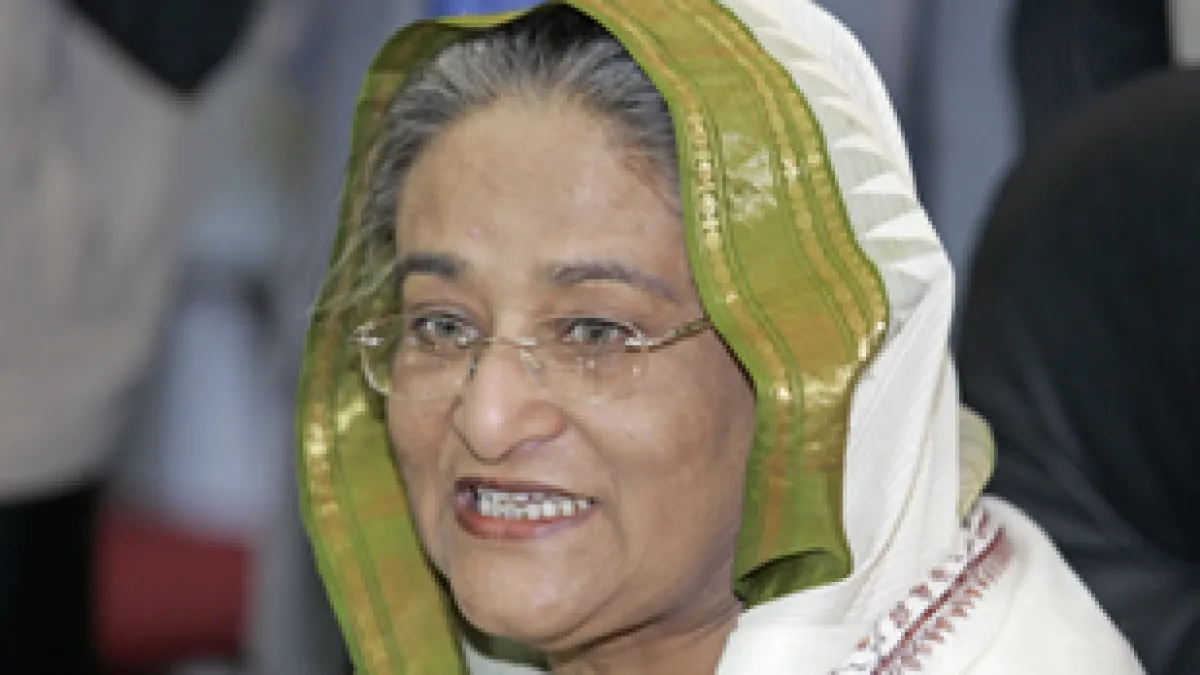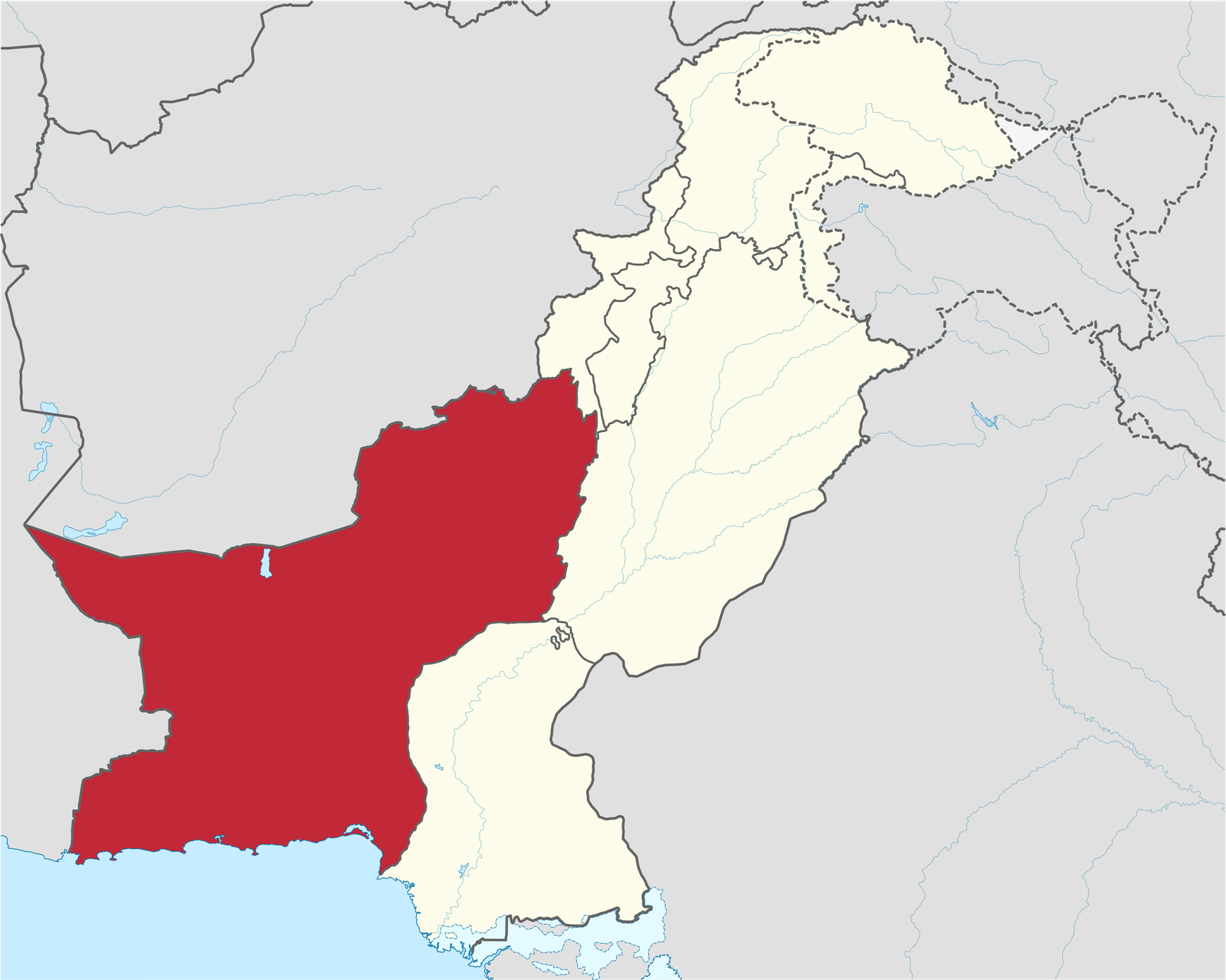Arshad Mahmood Awan
Former Prime Minister Sheikh Hasina Wajed, who governed Bangladesh for decades with a firm hand, has been sentenced to death for alleged crimes against humanity committed by her administration during last year’s mass uprising. The verdict, handed down by the International Crimes Tribunal, has been criticized by Sheikh Hasina as “biased” and a product of a “rigged tribunal.” The irony is evident: the tribunal responsible for her conviction was established by Sheikh Hasina herself to prosecute her political opponents, particularly members of Jamaat-i-Islami and the Bangladesh Nationalist Party (BNP), for their alleged roles in the 1971 conflict. Many of these earlier trials were widely criticized as unfair and politically motivated. Sheikh Hasina now faces the institutions she once used to suppress dissent, illustrating the cyclical nature of power and retribution in Bangladesh’s political landscape.
While questions remain regarding the fairness and speed of her trial, there is little doubt that Sheikh Hasina’s rule became increasingly autocratic over time. The consolidation of power, enrichment of loyalists, and systematic targeting of opponents eroded democratic norms. The political environment under her leadership was dominated by a cult of personality, centered on Sheikh Hasina, her late father Sheikh Mujeeb, and the Awami League. Institutional checks weakened, dissent was criminalized, and political space for opposition voices diminished, setting the stage for widespread public frustration and unrest.
This frustration boiled over during the 2024 protests, ultimately leading to Sheikh Hasina’s ousting and self-exile in India, a long-standing ally of her government. The 2024 unrest revealed the heavy-handed approach of her administration toward public demonstrations, with excessive use of force against protesters. Sheikh Hasina herself admitted that “we lost control of the situation.” Subsequently, her party faced a ban, and even the legacy of her father, Bangladesh’s founding father Bangabandhu Sheikh Mujibur Rahman, became a focal point of public discontent.
Bangladesh, five decades after its independence, continues to struggle with political stability. While Sheikh Hasina’s tenure brought some economic progress, these gains were overshadowed by repression, suppression of dissent, and partisan manipulation of governance. The country now stands at a critical juncture, with national elections scheduled for the coming year. Ensuring credible elections requires the reinstatement of full democratic processes, including allowing all major parties, including the Awami League, to participate freely.
It is also vital that accountability for crimes during Sheikh Hasina’s tenure be pursued through fair and transparent legal mechanisms. Justice must be administered impartially, without the influence of vengeance or extreme punitive measures, such as the death penalty. While perpetrators of human rights violations should face consequences, excessive retribution risks deepening divisions and destabilizing the political environment further. Mature democracies recognize the delicate balance between justice and reconciliation, a balance Bangladesh must strive to achieve in the coming months.
The 2024 elections, boycotted by opposition parties, had already cast doubt on the legitimacy of Sheikh Hasina’s last mandate. A truly democratic process requires inclusivity, transparency, and impartial oversight. Only then can the country move beyond cycles of authoritarian governance, political vendetta, and public unrest. The interim authorities must commit to facilitating an environment where elections are credible, governance is accountable, and political participation is safeguarded.
Bangladesh’s path forward depends on restoring democratic norms, strengthening institutions, and reconciling a society divided by decades of partisan conflict. While Sheikh Hasina’s conviction signals the fall of a powerful leader, the nation’s long-term stability will hinge on ensuring fair governance, protecting human rights, and fostering inclusive political dialogue. Striking the balance between justice and reconciliation is essential not only for political stability but also for securing the confidence of citizens and the international community in Bangladesh’s democratic trajectory.
















